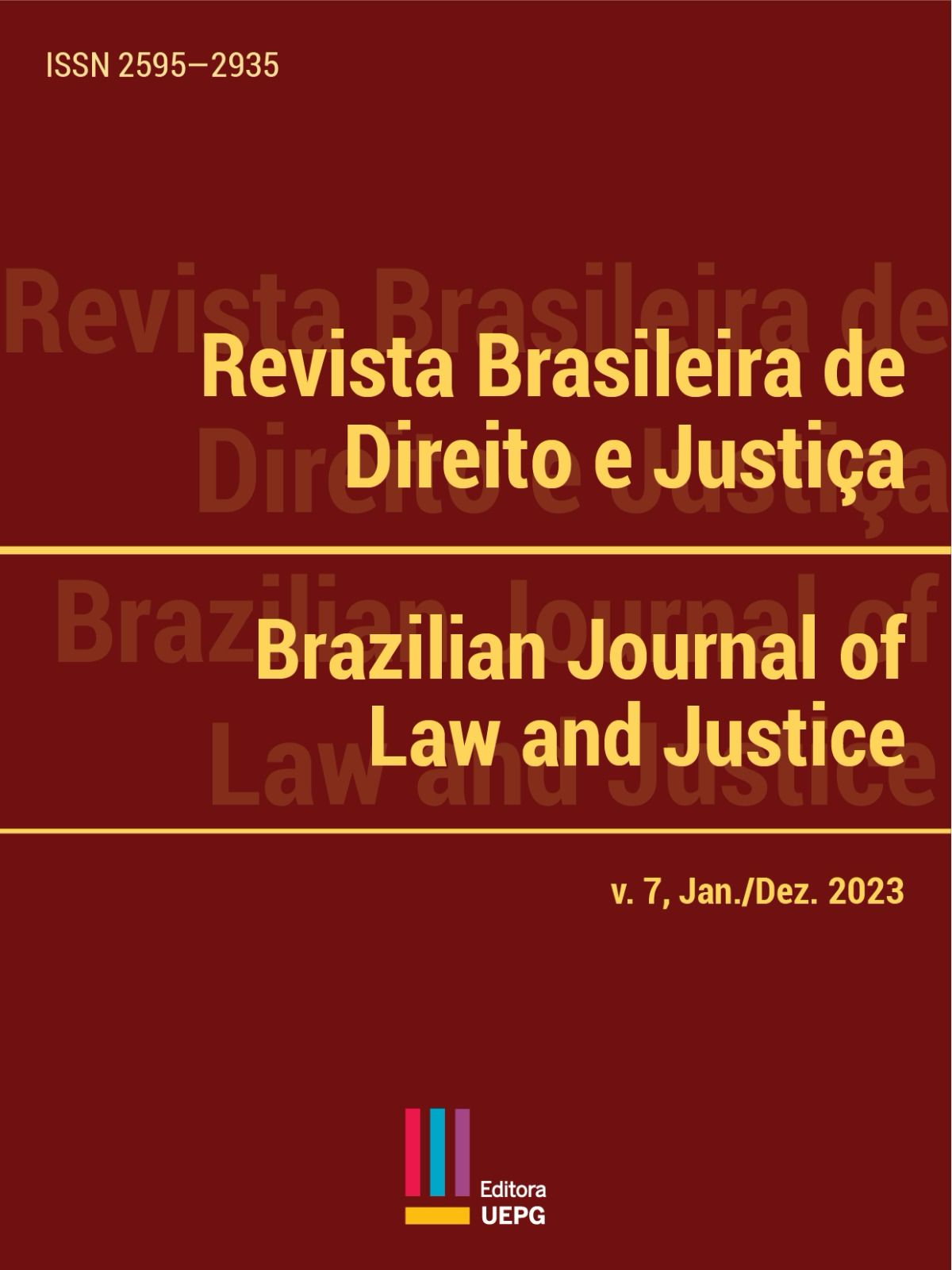POST MORTEM RECOGNITION OF BIOLOGICAL AND SOCIAL-AFFECTIVE PARENITY ANDA ITS EFFECTS ON PARENTING
POST MORTEM RECOGNITION OF BIOLOGICAL AND SOCIAL-AFFECTIVE PARENITY ANDA ITS EFFECTS ON PARENTING
Abstract
The Federal Constitution of 1988, as well as the Civil Code of 2002, and still other infraconstitutional provisions, abandoning old conceptions, make room for a new family path, regardless of marriage. New models of single parent family are allowed, giving all children, arising from these relationships, the same rights, prohibiting any discrimination related to affiliation. Thus, it was established that the father has the duty to respect and promote the good of all children, regardless of any origin, whether matrimonial or extramarital, natural or civil. In this article, it will be sought to demonstrate the concepts and foundations of the recognized affiliation Post Mortem of the biological and socio-affective parent, being, therefore, act of involuntary recognition as well as its characteristics, the aspects inherent to the action of paternity investigation and the principles related to the investigation, as well as its reflexes on parenting.Downloads

Downloads
Published
Issue
Section
License
Authors who publish in this journal agree to the following terms:
1. Authors maintain copyright and grant the journal the right of first publication, with the work simultaneously licensed under the Creative Commons Attribution License that allows for the sharing of work with recognition of its authorship and initial publication in this journal.
2. This journal offers open access to its content to promote the visibility of articles and reviews published. For more information on this approach, visit the Public Knowledge Project, a project that improves the academic and public quality of research studies. This project supports the OJS and other open access publishing software for academic sources. Names and email addresses included on this site will be used exclusively for the journal's purposes and are not available for other purposes.

